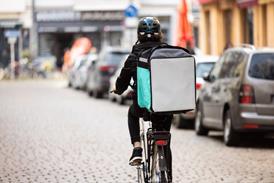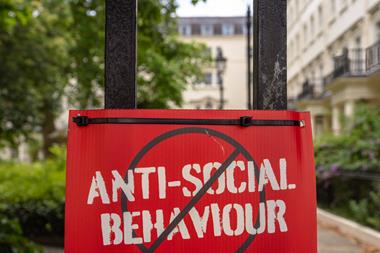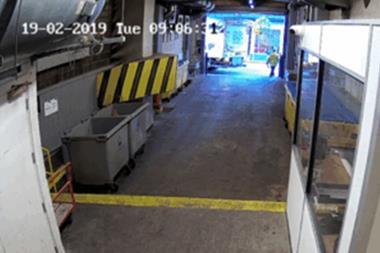
Shop theft in England and Wales soared 20% last year, topping 530,643 offences compared to 444,022 the previous year.
According to the Office for National Statistics’ (ONS) latest crime report, published today, it marks the highest level of incidents since police began recording shoplifting statistics in March 2003.
However, the volumes compared to figures from the Association of Convenience Stores’ Crime Report 2025 dramatically differ, with 6.2 million incidents of shop theft reported by convenience store retailers in the last year.
Although the new figures from the ONS indicate a ”continuing trend of record-breaking levels of theft”, they do not provide a true representation of the crime rate experienced by retailers, said the Association of Convenience Stores (ACS).
“While there is still a huge gap between the recorded figures and the reality of the number of thefts taking place, the one positive to take from these numbers is that more crimes are being reported, although this is still far too low. We encourage retailers to report every crime that is committed against their business,” said James Lowman, chief executive of the ACS.
“These record-breaking shop theft figures continue to demonstrate the need for retail crime to be taken seriously throughout the justice system, as only then will we be able to start bringing the numbers down and stop widespread reoffending by criminals that are acting with confidence that they will not be apprehended”.
The ACS has been calling for a complete reset on the perception of retail crime and especially shop theft, with an ambition to send a clear message that theft is a crime that will be investigated by local forces.
Meanwhile, Paddy Lillis, the general secretary of Usdaw, said the scale of the retail crime epidemic is “laid bare” in the “shocking” new figures from the ONS.
“It is increasingly common for retail stores to be targeted by organised crime gangs stealing to order. This is in no way a victimless crime, with weapons and violence used to ensure these criminals are not stopped. Having to deal with repeated and persistent offences can cause issues beyond the theft itself, like anxiety, fear and physical harm to retail workers.
“We have campaigned along with many retail employers for substantial legislative measures to combat this growing problem, and we are pleased that the Government has introduced the Crime and Policing Bill, with measures to tackle this issue. It has passed all stages in the House of Commons and is now waiting for a second reading in the House of Lords”.
Measures outlined in the Bill includes creating a separate offence for assaulting a retail worker and ending the “effective immunity” for shop theft offences under the value of £200.
The Federation of Independent Retailers (the Fed) said the latest crime figures highlight the drastic need for the police and courts to get tougher on shoplifters.
Commenting on the results, the Fed’s national president Hetal Patel said: “The figures are alarming enough, but in reality, this is just the tip of the iceberg. Many more incidents go unreported, due to a lack of confidence in the response from police and inadequate punishment from the courts when shoplifters do actually appear in court.
“Our recent survey of Fed members found that 72 per cent of respondents had experienced shoplifting, break-ins and damage to their property and that they and their staff had been physically or verbally threatened. We need stronger and continuous action to curb the escalating scourge of shoplifting and abuse directed at our members and their businesses.
“Shop theft is often seen as a victimless crime, but this is not the case. It takes a heavy toll mentally, physically and financially on shop owners, their families and their employees. At the same time, the financial costs of retail crime will eventually impact on customers through inflated prices.”
He added: “The government appears to be making the right noises on tackling retail crime, but we continue to demand the introduction of more effective measures, such as making grants for better security systems available to smaller retailers. We want stable businesses to provide for ourselves and our loved ones, and we want to be safe from harm when we go to work.”
































No comments yet